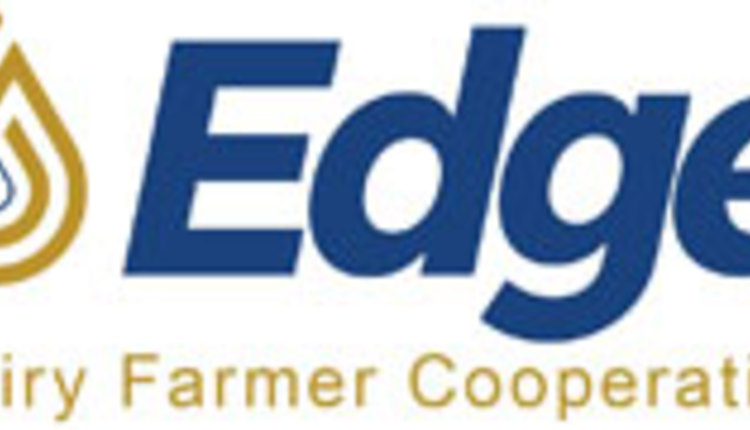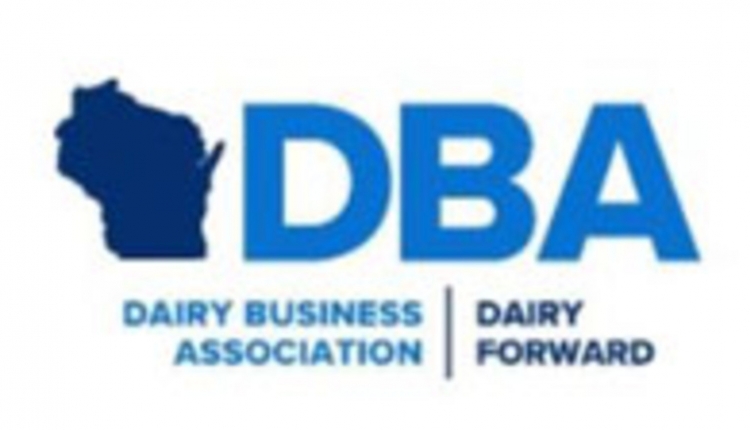The information below has been supplied by dairy marketers and other industry organizations. It has not been edited, verified or endorsed by Hoard’s Dairyman.

Boehringer Ingelheim has announced Kristin Quist of Deer Park, Wisconsin, as the 2024 Dairy First Award winner. Each year, the award celebrates a dairy producer who demonstrates an unwavering commitment to milk quality and overall herd well-being.
Quist, a fifth-generation dairy farmer, operates Minglewood Inc. alongside her parents, Kevin and Roxie Solum, and her husband, Jacob. Together, they lead a team of 20 full-time employees and manage a milking herd of 1,200 cows. Quist’s impressive somatic cell count (SCC) management, regular employee meetings, progressive use of technology and dedication to cow comfort set the farm apart in this year’s competition.
“Minglewood stands out not just as leading-edge, but as cutting-edge in the dairy industry,” said Reba Gotham, territory manager, Boehringer Ingelheim, who works with Quist and her family. “Genuine passion for dairying drives their work and the dedication they have for their team and community. I love having the opportunity to work with Kristin and her family.”
Minglewood places a strong emphasis on milk quality as the foundation of the farm’s success. “We pride ourselves on producing clean, high-quality milk,” said Quist. “If we meet a SCC goal, the next goal is even lower. Healthy cows and clean milk go hand in hand, and we’re always striving to improve.”
Tech-savvy approach leads to new farm opportunities
Minglewood’s “never satisfied” mentality has led to the implementation of several cutting-edge technologies over the years. In 2022, the farm installed a bolus monitoring system to help track internal cow temperatures, water intake, rumination and activity levels. This system has allowed Quist to detect mastitis early, significantly reducing the farm’s antibiotic use.
“We typically catch cows three to four days before they show clinical signs of mastitis,” she shared. “The bolus monitors have made a night-and-day difference in how we manage cow health. They allow us to sort out sick cows sooner, and get them back rocking and rolling faster.”
Since 2018, the farm has also added an eight-robot milking facility and an on-site sand separation system. Quist mentioned that both systems came with learning curves for managing milk quality. She explained that their reclaimed sand tends to be closer to “97% dry compared to 100% dry of virgin sand,” which is less likely to stick to teats.
“It’s the small things,” said Quist. “You have to pay attention to all the factors, and make sure you’re providing the cows with the best environment possible with the facilities you have.” Regular robot checkups and clean alleys and sand beds help Quist stay on top of any potential milk quality roadblocks.

Milk quality leads farm initiatives
Quist’s proactive approach to employee training and communication is centered on milk quality and cow care. The farm holds monthly milker meetings, facilitated by a Spanish translator, and works closely with other key players, such as equipment dealers, to maintain low SCC. They also have protocol reviews every six weeks with veterinarians, nutritionists or the breeding team to make sure everyone is on the same page.
“We don’t let things slip through the cracks,” asserted Quist. “If something’s not right, we address it right away.”
As another tool to manage mastitis, Minglewood has been culturing on-farm for almost 20 years. Bringing sample analysis in-house decreased the turnaround time needed for results. Paired with their monthly Dairy Herd Improvement Association milk testing, Quist said culturing on-farm has made it easier to quickly test cows that have above average SCC and address otherwise undetected mastitis.
“We’re continually working to improve,” concluded Quist. “We want to do what’s best for our cows and take care of them, because if we don’t, they’re not going to take care of us.”
Visit bi-animalhealth.com to learn more about the Boehringer Ingelheim Dairy First Award and other cattle health initiatives.

About Boehringer Ingelheim
Boehringer Ingelheim provides innovation for preventing and treating diseases in animals. The company offers a wide range of vaccines, parasite-control products, and medicines for pets, horses, and livestock to veterinarians, animal owners, farmers, and governments. As a leader in animal health, Boehringer Ingelheim values that the health of humans and animals is deeply connected and strives to make a difference for people, animals, and society. Learn more at www.bi-animalhealth.com.



